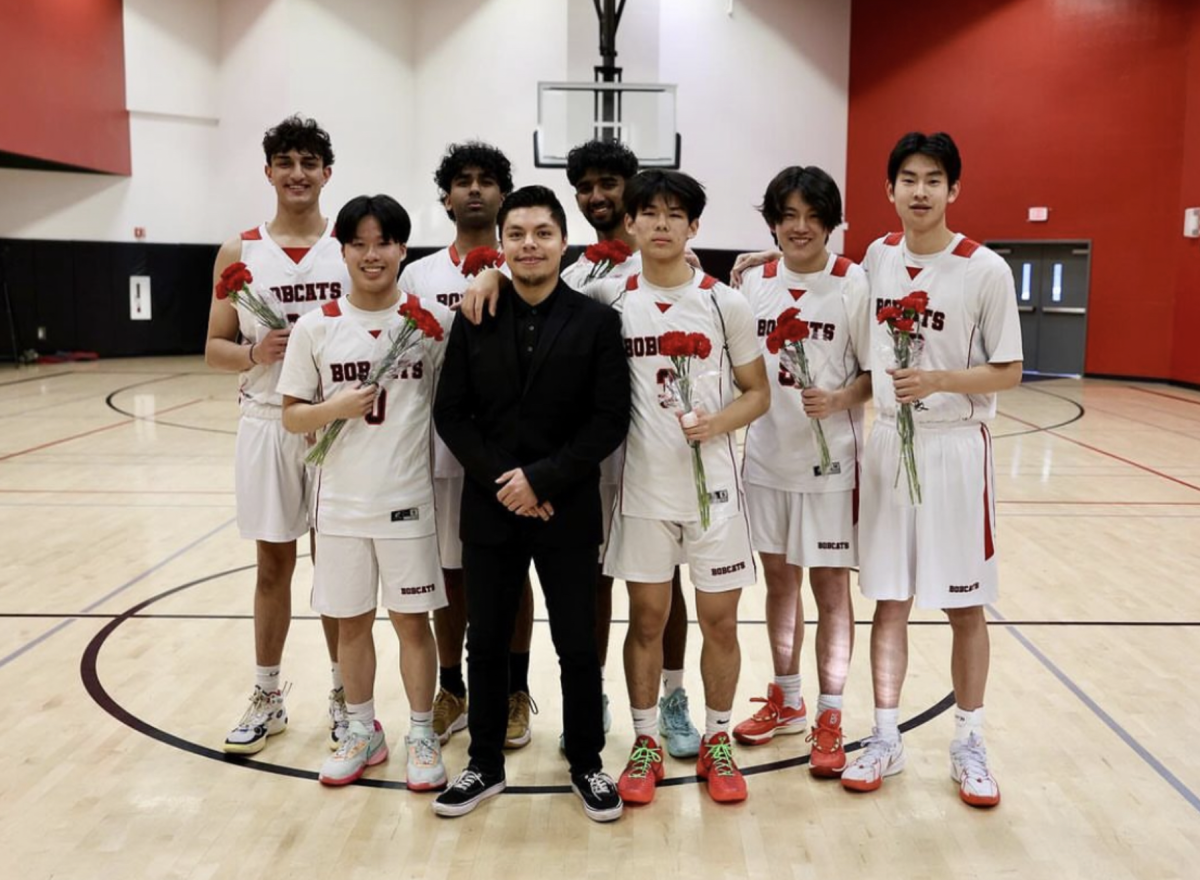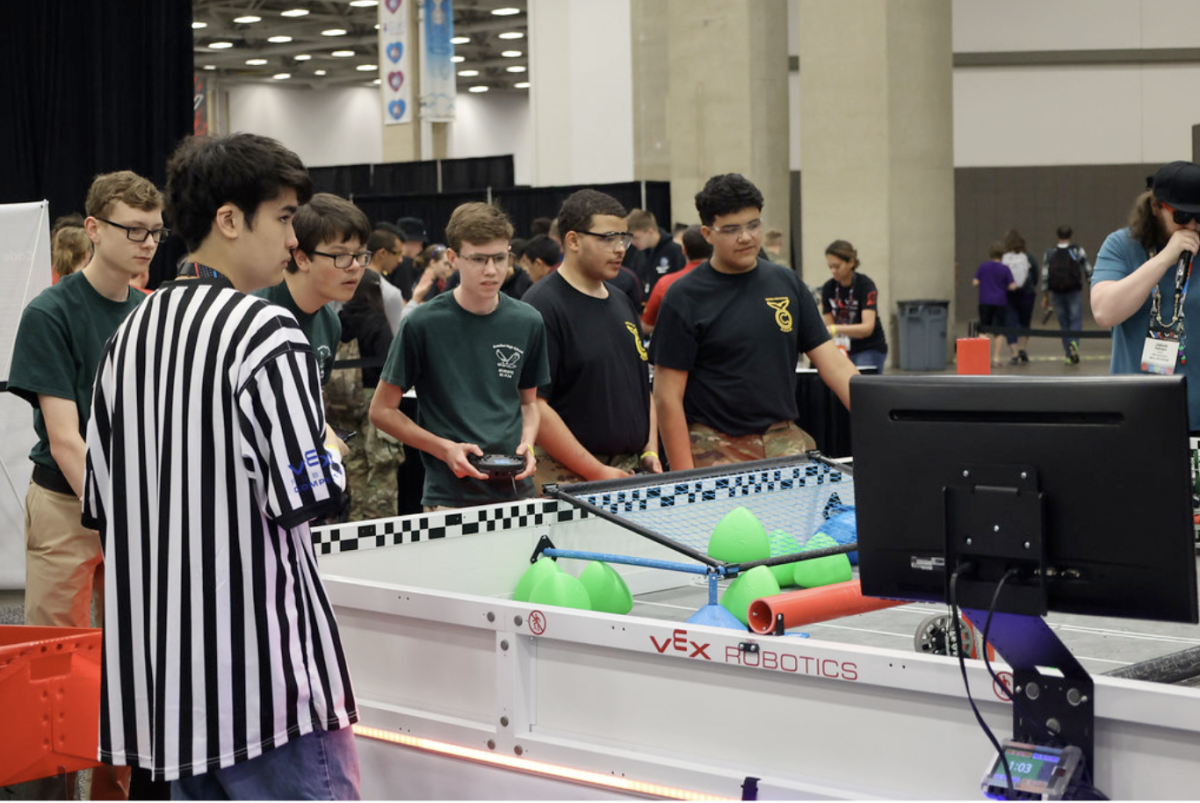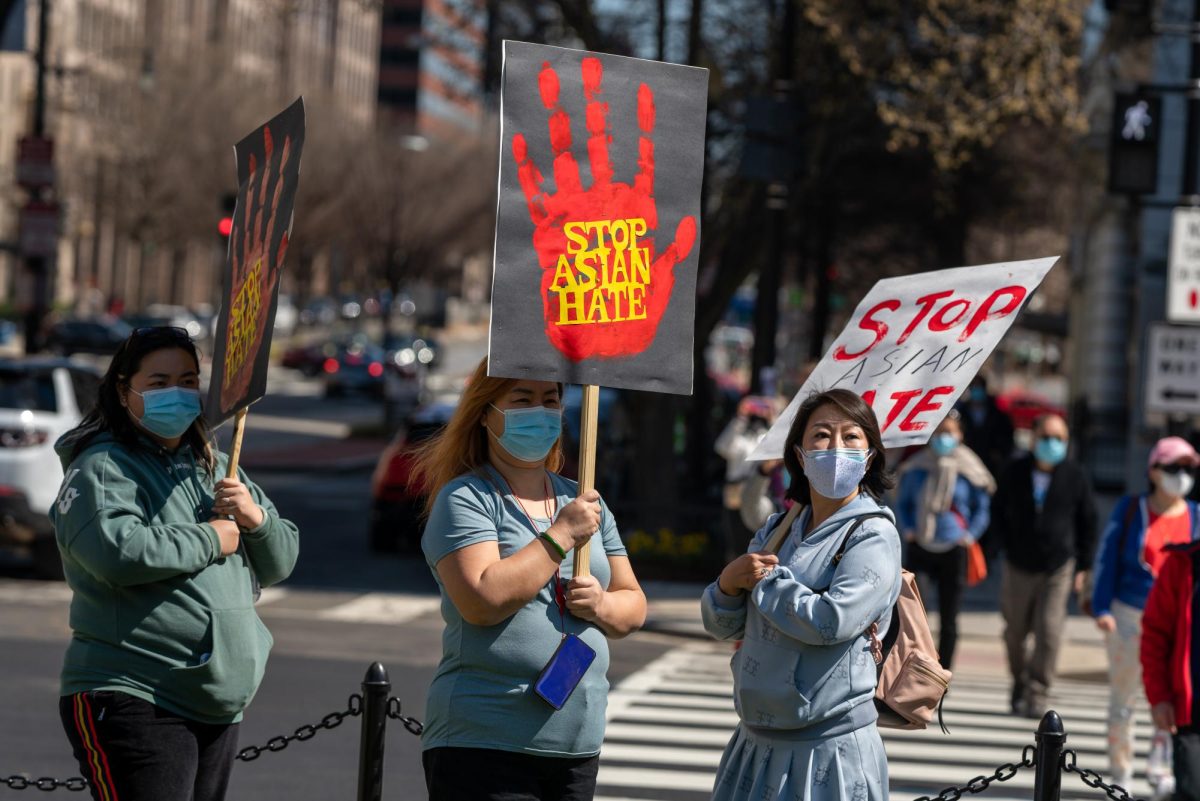Previously published May 13. 2021
We have all experienced the impact of the COVID-19 pandemic this past year; virtual classes, social distancing, and masks now define this era of pandemic and pandemonium. However, in addition to the viral pandemic, a second pandemic has reared its ugly head. According to the nonprofit Stop AAPI Hate, there were 3,800 incidents of hate crimes against Asians in America, up from 2,600 in the year prior. Just last month, one of the most noteworthy instances of violence against Asian Americans was when a gunman shot up three massage parlors in Atlanta and Cherokee County, GA, which sparked a renewed surge of already-increasing awareness around this issue. On Friday, April 16, 2021, BISV held a conversation with Huy Tran moderated by Dean Che Angkham about the rise of anti-Asian-American hate and violence.
Full of curious BISV students and faculty who were eager to listen, the conversation was packed with topics and questions ranging from the model minority myth to the differences between the perceived monolith of AAPI peoples. Various times throughout the conversation, the two speakers’ own experiences dealing with direct and indirect racism were brought up, some of which I, myself as a second-generation Asian-American, could resonate with. While all of the points discussed were of extreme importance, I shall list a few that stood out to me the most. There was extensive talk of the “Silicon Valley bubble,” which describes the statistically smaller amount of racist sentiments in the Bay Area due to the importance of Asians in the workforce and the culture here, and how if an Asian person were to travel elsewhere, the reaction would be somewhat different since the Asian face and contribution is not as normalized as it is in the Bay.
The talk also proposed some solutions to combat this issue. Of course, the main solution was education—education on the struggles of the AAPI community throughout American history, focusing on shattering the monolithic perspective of the AAPI community in general by appreciating the various cultures from the entire continent of Asia. I would say that the main takeaway from this talk was not only to bring awareness and analyze the complexity and struggles of the Asian-American community but also to emphasize the importance of educating people to counter the ignorance that leads to hate.
About the guest speaker: Huy is a partner with Justice at Work Law Group, LLP, a law firm focused on social justice and worker’s rights, and a part-time staffer to Santa Clara County Supervisor Otto Lee. He serves in various roles to help address our housing crisis, trust in government, and hate crimes, including the San Jose Housing and Community Development Commission and the Santa Clara County Hate Crimes Task Force.







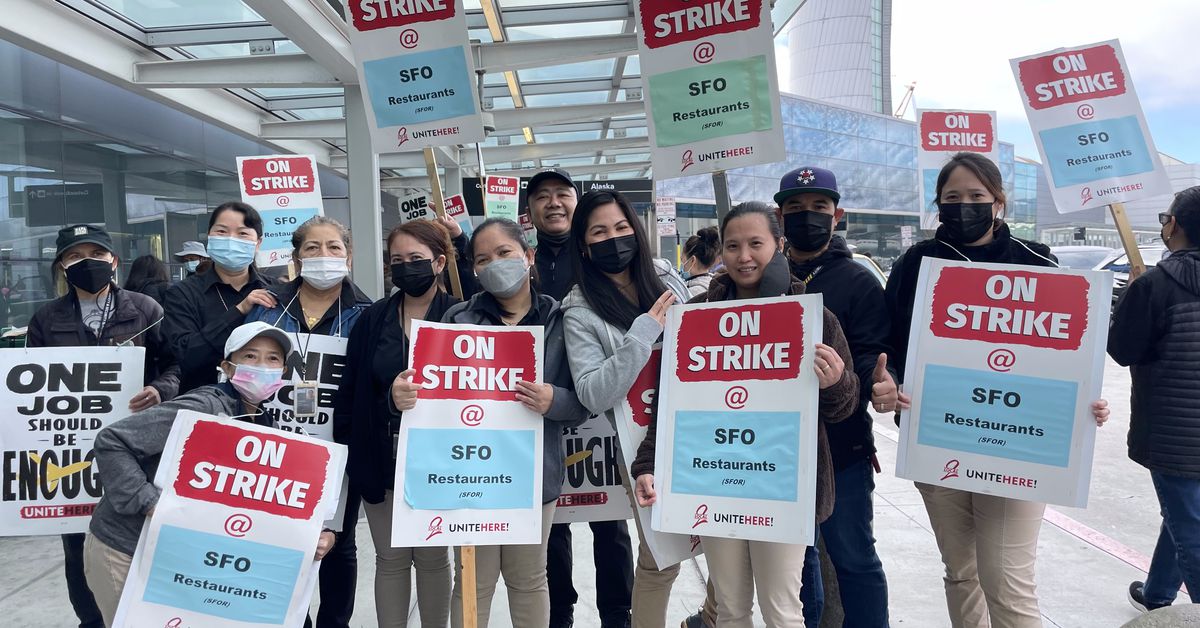



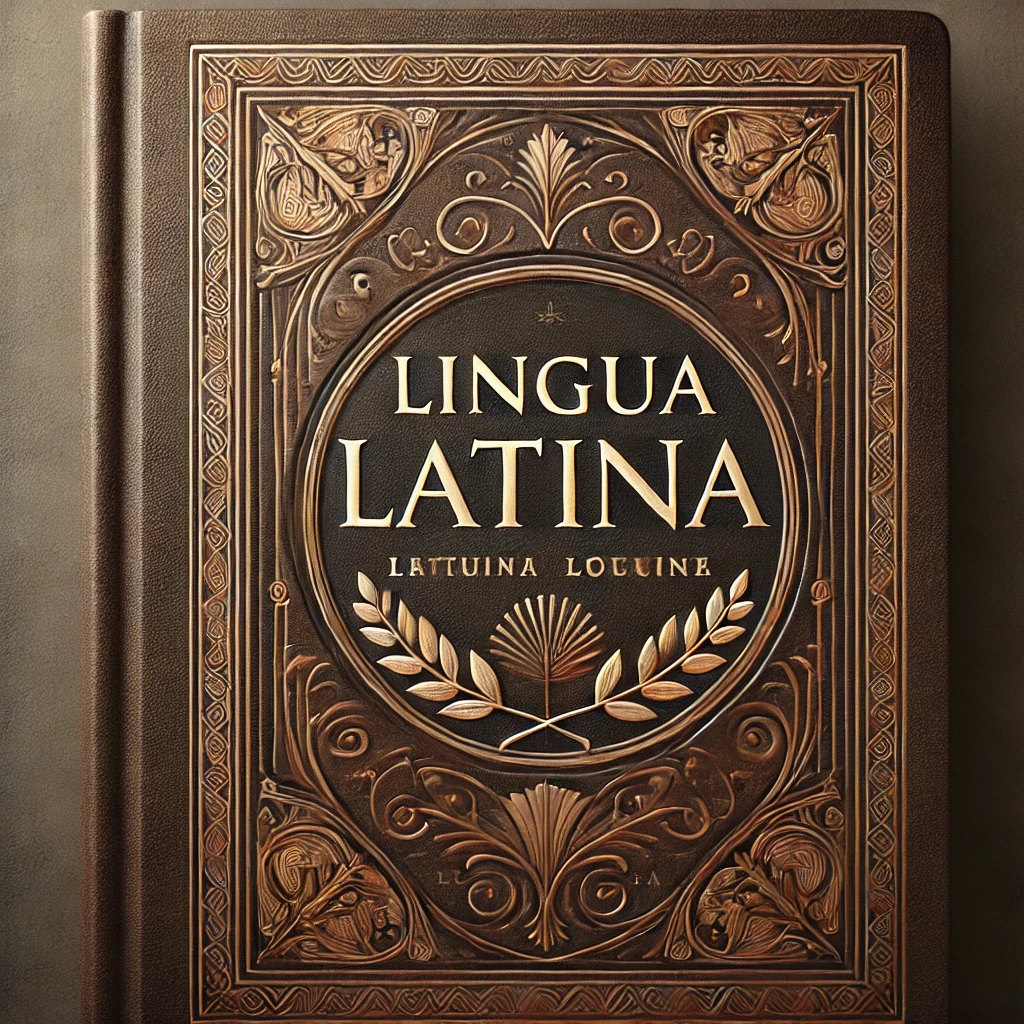


![Teacher [Milk] Tea: Part 2](https://bisvquill.com/wp-content/uploads/2024/03/Screen-Shot-2024-03-19-at-9.28.48-PM.png)
![Teacher [Milk] Tea: Part 1](https://bisvquill.com/wp-content/uploads/2024/03/milk-tea.png)




















